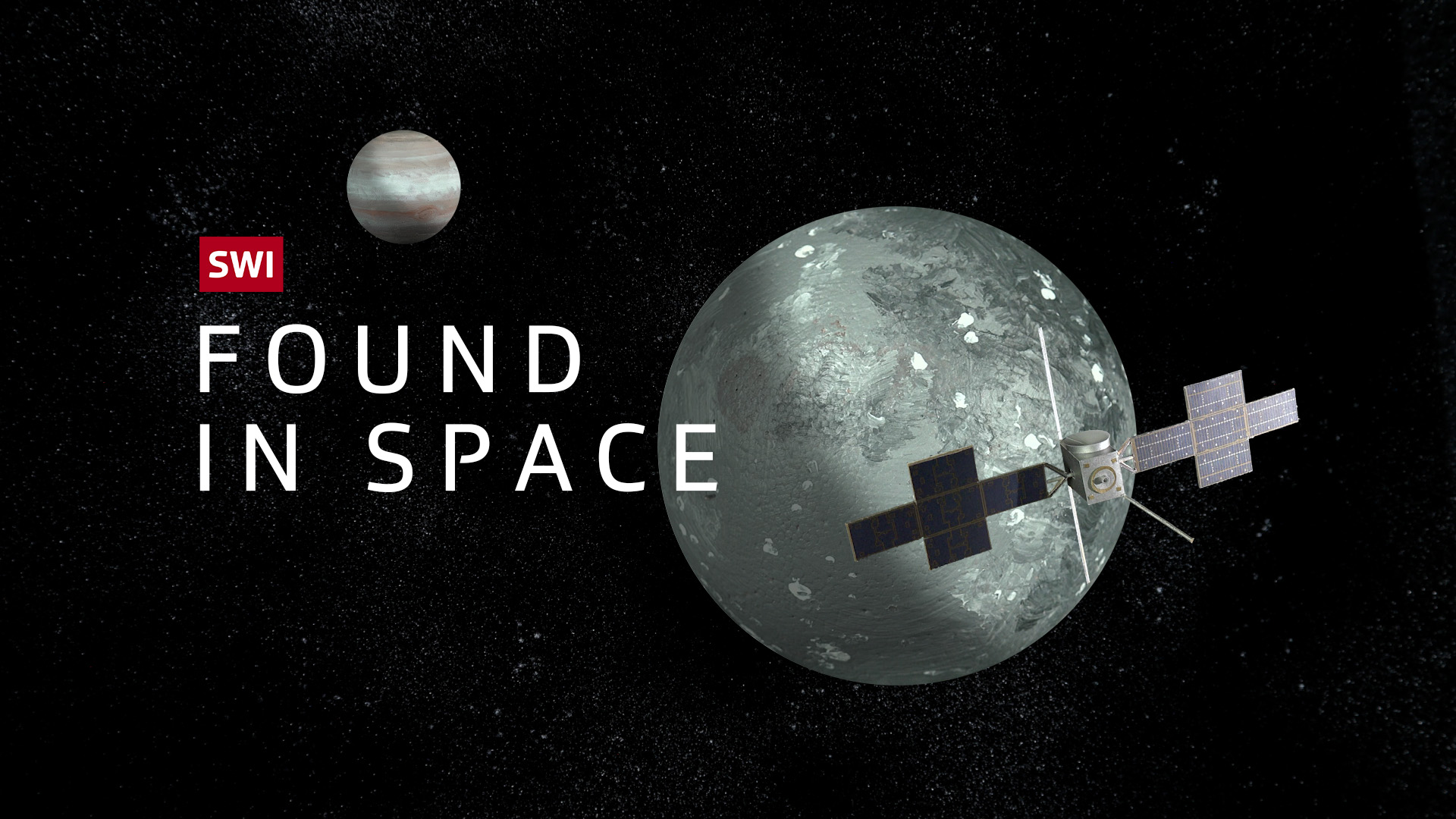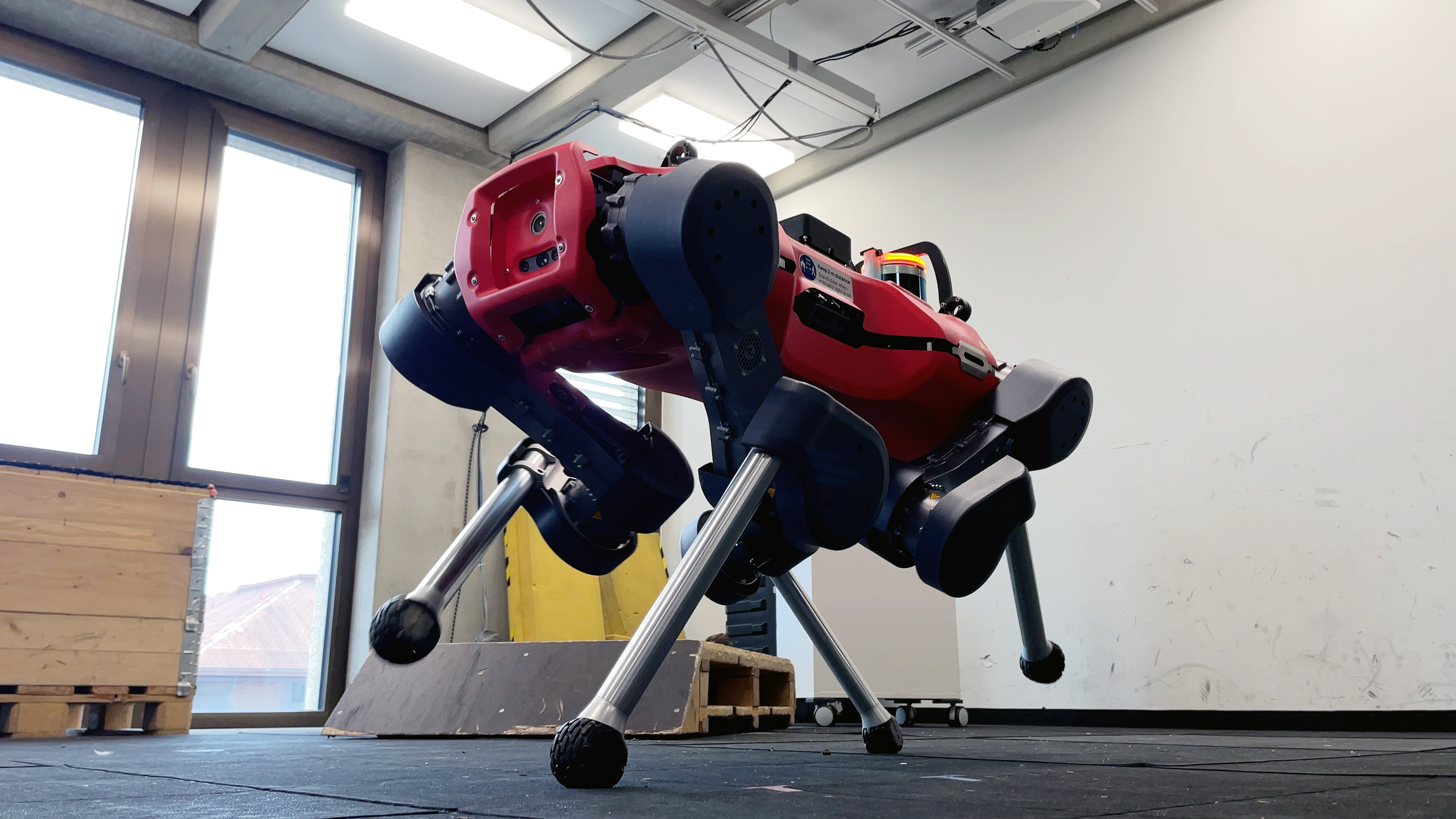
Europe’s Ariane-6 rocket set to launch into space with Swiss collaboration

Europe's Ariane-6 rocket is scheduled to make its maiden flight on July 9, and Switzerland is one of the 13 countries participating in the programme, covering 2.4% of the total project cost.
The rocket’s payload fairing is supplied by the Swiss company Beyond-Gravity, while APCO Technologies, based in the town of Aigle in canton Vaud, provided the fastenings and the booster cap, among other components.
After a delay of around four years, the launcher is scheduled to fly into space for the first time on July 9.
Do you want to read our weekly top stories? Subscribe here.
There are great expectations for the rocket, which is intended to provide participating countries with independent access to space. Renato Krpoun, Head of the Space Division at the State Secretariat for Education, Research and Innovation (SERI), told the Keystone-SDA news agency that this is part of Switzerland’s space policy.
The launch of the 56-metre-high, 540-tonne rocket is scheduled for 8pm Swiss time on Tuesday from the European spaceport in Kourou, French Guiana. The rocket can be equipped with either two or four boosters and can transport satellites weighing up to 11.5 tons.

More
The European mission to Jupiter lifts off
Since the Ariane-6’s predecessor rocket, the Ariane-5, lifted off for the last time in summer 2023, Europe no longer has its own means of launching large satellites into space. Russia’s invasion of Ukraine also eliminated the option of using Russian Soyuz rockets. For example, the Euclid space telescope had to be launched aboard a Falcon 9 rocket from Elon Musk’s company SpaceX in July 2023.
Technologies for everyday life
“Access to space has become very important,” Krpoun said. “We rely on space infrastructure daily for navigation systems, time signals, and weather forecasts.” Smartphones wouldn’t work without satellites either. Krpoun also emphasised that any disruption in launching this infrastructure into space would be immediately noticeable.
+Humans on Mars: possible, or a pipe dream?
The Ariane-6 rocket was actually supposed to be launched for the first time in 2020. The delays were due to the coronavirus pandemic and development setbacks.
But now it is ready. The rocket has successfully passed its final tests. After its maiden flight in July from the European spaceport in Kourou, French Guiana, it is set to be used commercially from the end of the year. “Over 30 launches have already been sold,” said Krpoun. The company Amazon, for example, wants to use the Ariane-6 rocket to launch satellites into space for the “Kuiper” satellite internet project. In future, the rocket will be launched around nine times a year.
Swiss industry involved
The rocket’s payload fairing comes from the Swiss company Beyond-Gravity, and APCO Technologies, based in the town of Aigle, in canton Vaud, supplied the fastenings and the booster cap, among other things.

More
Swarm of Swiss robots could take part in future space missions
The payload fairing protects the rocket’s cargo during launch and when it passes through the earth’s atmosphere. The boosters give the rocket additional thrust during launch. According to Krpoun, the attachment must withstand a thrust of 270 tons.
The project cost amounted to around €4 billion (CHF3.8 billion), with Switzerland contributing 2.4% of the costs.
Criticism of the rocket
There is also criticism of the new launcher: unlike SpaceX’s Falcon 9 rocket, for example, the Ariane-6 is not reusable. This means that a new Ariane-6 rocket must be produced for each launch.
+ In space exploration, Switzerland punches above its weight
It is also criticised for being too expensive and therefore unable to keep up with the competitiveness of SpaceX rockets. The exact price for a launch with Ariane-6 is not known. A launch price of the equivalent of around CHF67 million was envisaged. Following the delays, however, it is assumed that the price will be higher. It will probably not be able to keep up with the base price of the Falcon-9 (around CHF60 million).
However, the fact that many launches have already been sold shows that there is a need for alternatives to SpaceX, said Krpoun.
Translated from German by DeepL/sp
This news story has been written and carefully fact-checked by an external editorial team. At SWI swissinfo.ch we select the most relevant news for an international audience and use automatic translation tools such as DeepL to translate it into English. Providing you with automatically translated news gives us the time to write more in-depth articles.
If you want to know more about how we work, have a look here, if you want to learn more about how we use technology, click here, and if you have feedback on this news story please write to english@swissinfo.ch

In compliance with the JTI standards
More: SWI swissinfo.ch certified by the Journalism Trust Initiative






























You can find an overview of ongoing debates with our journalists here . Please join us!
If you want to start a conversation about a topic raised in this article or want to report factual errors, email us at english@swissinfo.ch.